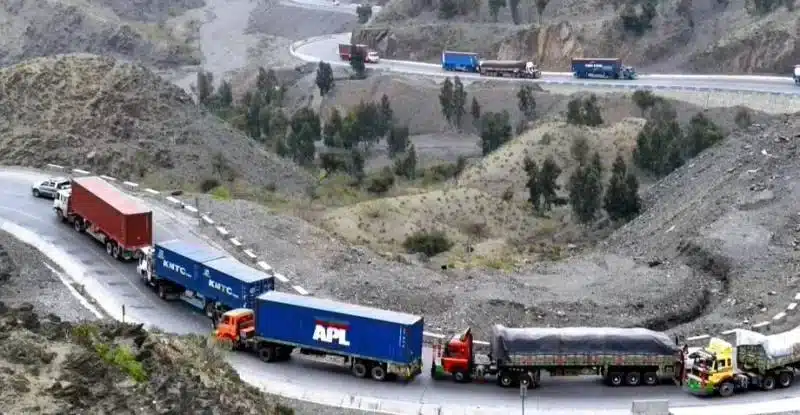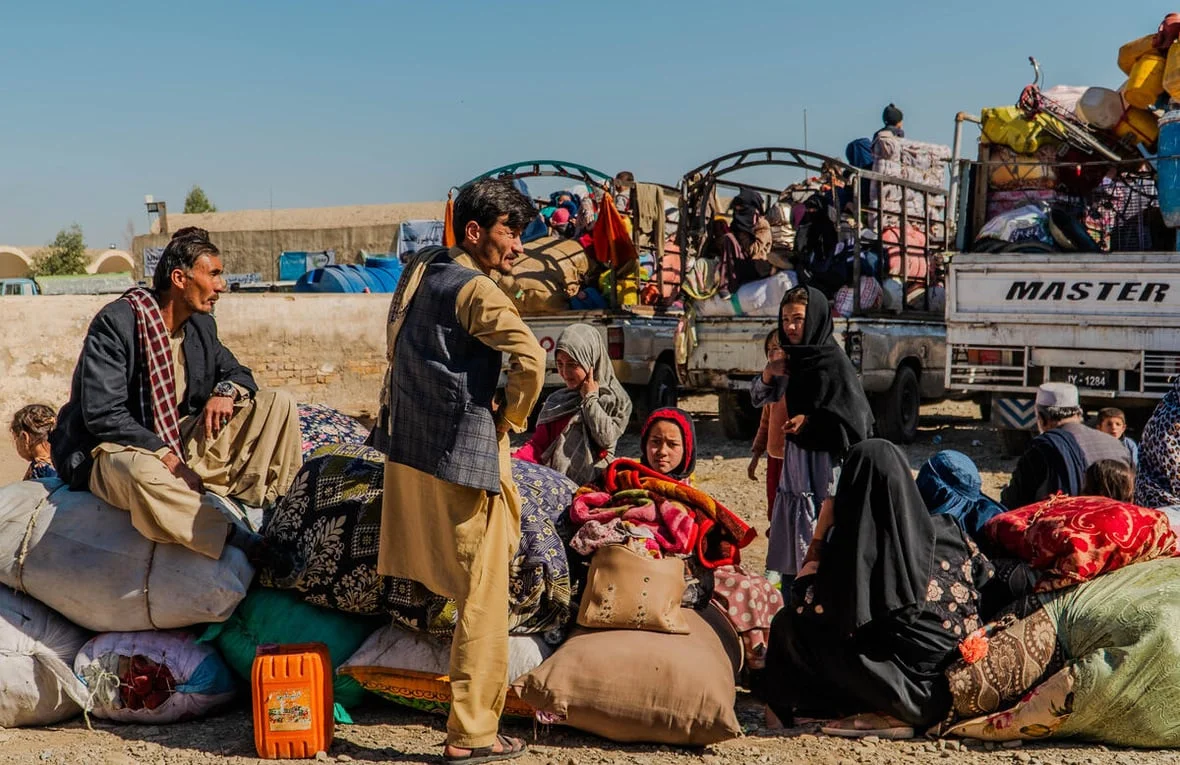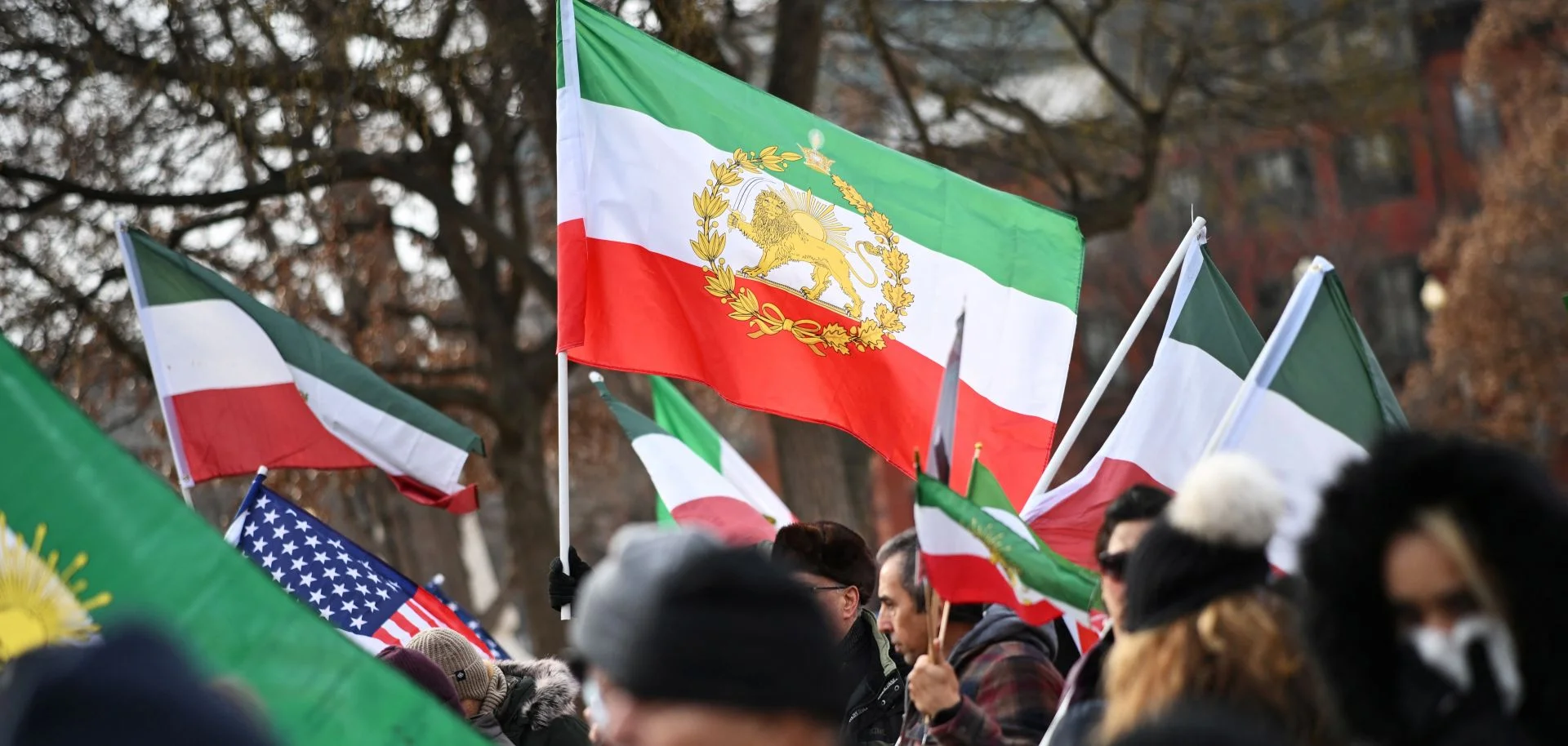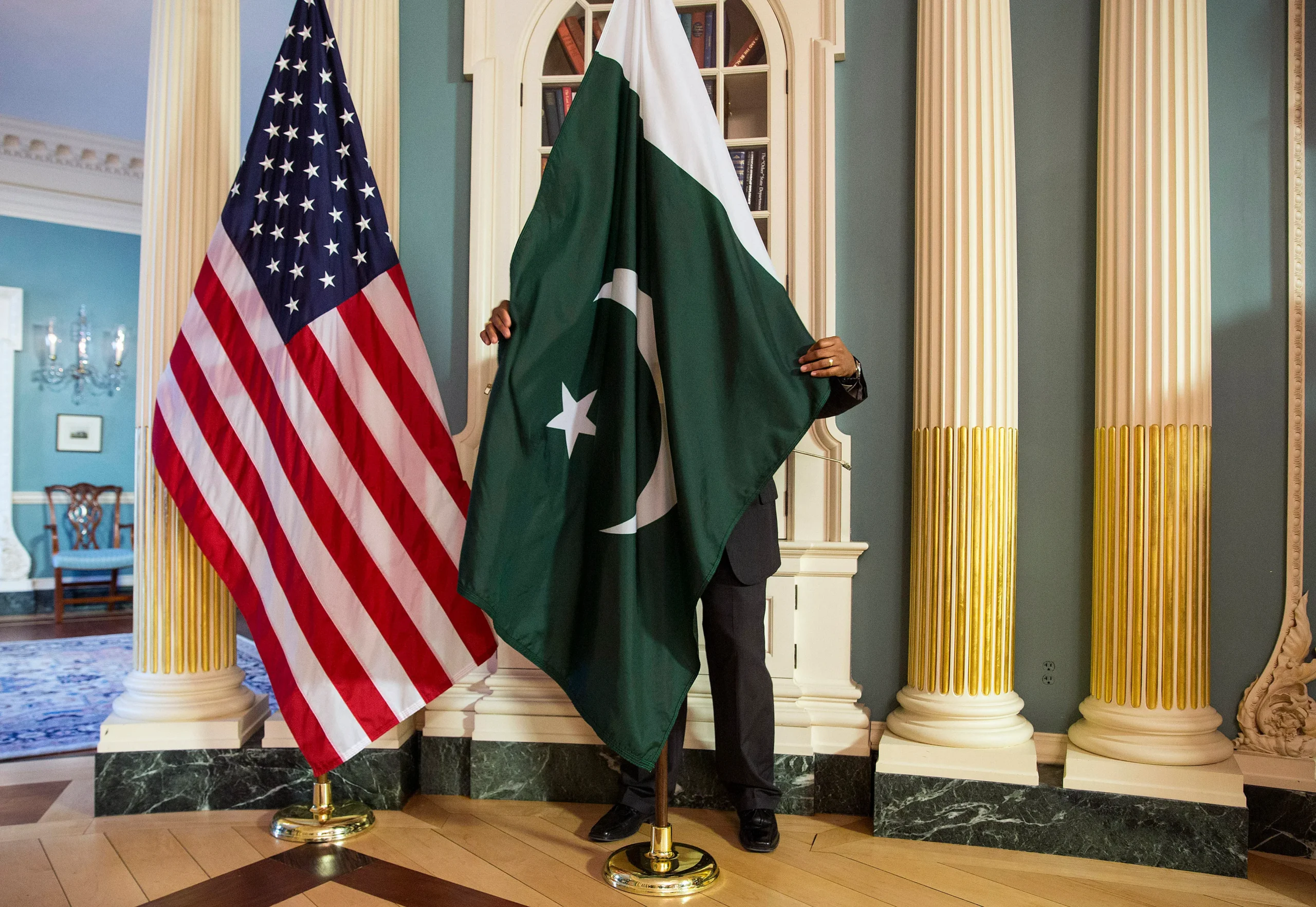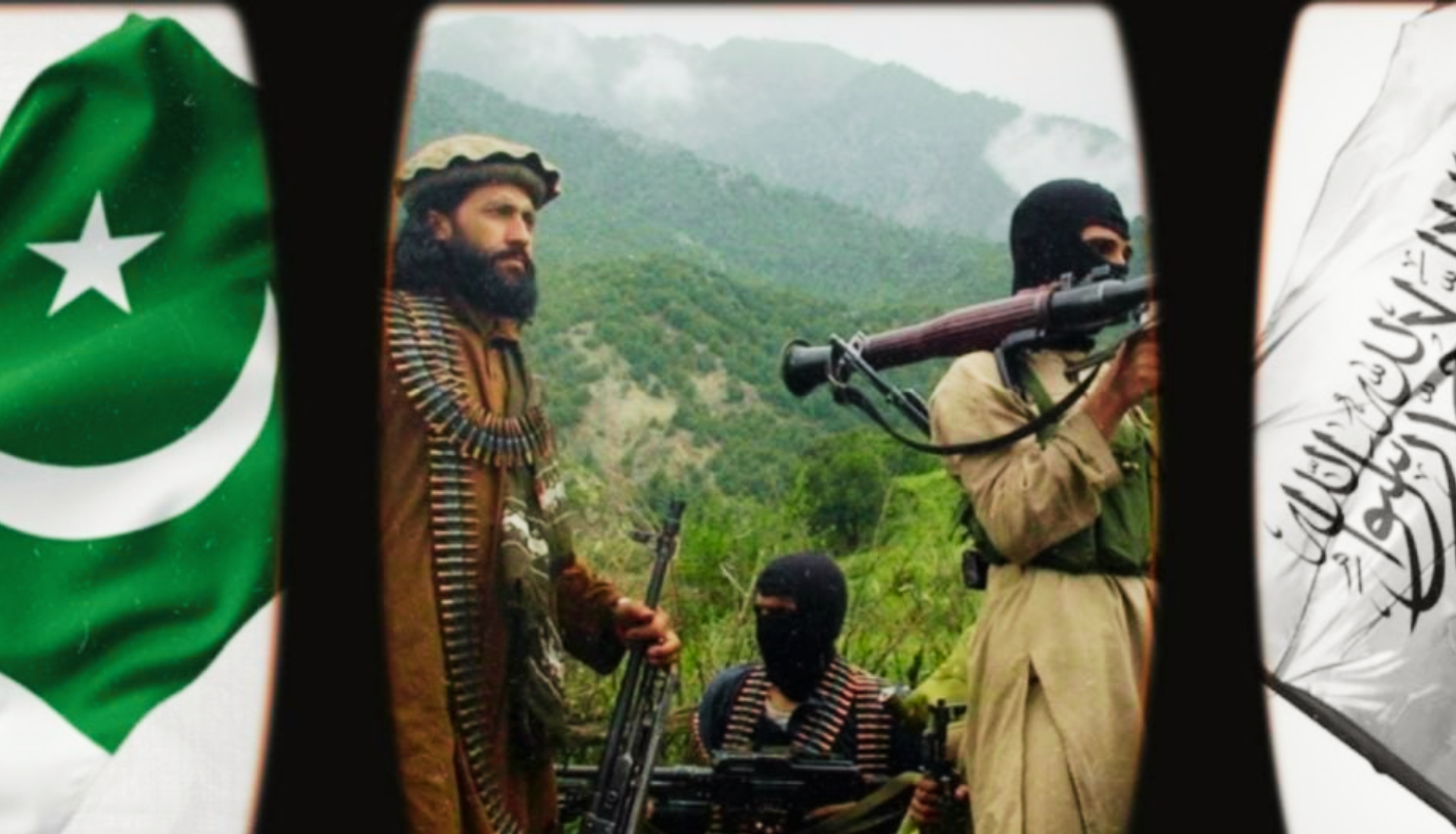From shared borders to shared destiny, Pak-Afghan economic connectivity has its roots in centuries of cultural, historical, religious and economic ties between the two countries. From being termed the ‘Heart of Asia’, connecting regions, Afghanistan’s stability is essential for regional peace and prosperity. Decades of war has not only caused suffering for Afghanistan’s masses, but has also impacted the people of the neighboring countries, specifically Pakistan which bears scars of war throughout its social fabric.
Sharing a long porous border with each other, Pakistan and Afghanistan are home to many common ethno-linguistic communities that live on both sides of the border. This has led to a significant amount of cross-border trade and cultural exchange over the years. Notably, the history of the Pak-Afghan trade corridor goes back several decades, and has been shaped by a complex set of political, economic, and security factors.
One of the earliest initiatives to promote trade and economic connectivity between Pakistan and Afghanistan was the establishment of the Pakistan-Afghanistan Joint Economic Commission (JEC) in 1960. The JEC was tasked with promoting economic cooperation and trade between the two countries, and has remained an important forum for dialogue and cooperation to this day. Afterward, in 1965, the two countries signed the Afghanistan Pakistan Transit Trade Agreement (APTTA) of 1965 to operationalize Pak-Afghan trade and transit activity.
Although decades of war — from the Soviet invasion to the United States-led War on Terror in Afghanistan — caused much disruption, Pakistan remained an irreplaceable trade partner for Afghanistan’s economic activity. With the establishment of the Afghanistan-Pakistan Transit Trade Coordination Authority (APTTCA) in 2011, and the launch of the Pakistan-Afghanistan Joint Chamber of Commerce and Industry in 2018, there is a growing recognition of the significance of economic cooperation between the two countries, and the potential benefits that could be derived from increased trade and investment.
While there are challenges to trade with Pakistan as well, including security concerns and border disputes, Afghanistan’s reliance on Pakistan for transit trade with the rest of the world remains constant. This is also because Afghanistan is one of the 31 landlocked developing countries globally, and shares borders with three Central Asian Republics (CARs) apart from China, Pakistan and Iran.
Several factors are pivotal as regards Pak-Afghan economic connectivity.
First is geographic proximity, as Pakistan is Afghanistan’s closest neighbor with a largest border. As such, Pakistan offers the direct, shortest and most convenient route for trade with the outside world at relatively low cost, making it an attractive choice for Afghan traders.
Second is infrastructure. Pakistan has invested significantly in Afghanistan’s infrastructure, especially its road and rail networks. Mega connectivity projects, such as TAPI, Trans-Afghan Railway Network, Chitral Badakhshan Highway continue to be in the pipeline.
Third is security. Afghanistan’s location in a volatile region means security is a major concern for traders. The border between Afghanistan and Pakistan remains heavily guarded, providing a level of security for traders.
Fourth is shared language and culture. Afghanistan shares a common language and culture with Pakistan, which makes it easier for Afghan traders to do business in Pakistan. Moreover, Pakistan hosts the largest number of Afghan refugees; over the years, this established shared communities where people-to-people exchanges, cultural relations and economic ties play a major role in bilateral ties.
Afghanistan’s reliance on Pakistan for transit trade underscores the importance of economic connectivity between the two countries. This reliance highlights the need for Pakistan’s continued investment in infrastructure, and continuation of policies that support trade and investment.
However, it is also important to recognize that Pak-Afghan economic connectivity is just one piece of the broader puzzle of regional integration and connectivity, which in turn is dependent on peace in both countries. Pakistan and Afghanistan are both interconnected through shared values, geography, culture, history and religion, therefore they can represent a common market based on overlapping if not shard values. And ultimately, tapping their as-yet unexplored economic potential — primarily in agriculture, minerals, healthcare and spices — can surely lead to shared prosperity for the general public in both Afghanistan and Pakistan.
At the same time, the management and neutralization of the prevalent security threats posed by Tehreek-e-Taliban Pakistan (TTP) and Daesh (ISKP) is required on part of the Taliban, also known as the Islamic Emirate of Afghanistan (IEA).
Ultimately, achieving shared economic prosperity would require long-term commitment from both Pakistan and Afghanistan. In addition to overcoming common political and security challenges, strengthening bilateral trust and cooperation is important as well. Both countries have vast natural resources and youthful populations, presenting enormous opportunities for economic growth and development.
With the right policies and appropriate investments, there is great potential for Pakistan and Afghanistan to achieve sustained economic growth and development, and improve the lives of their citizens.
The article is originally published by The Friday Times. The views expressed in this article are the author’s own and do not necessarily reflect the editorial policy of the South Asia Times.

